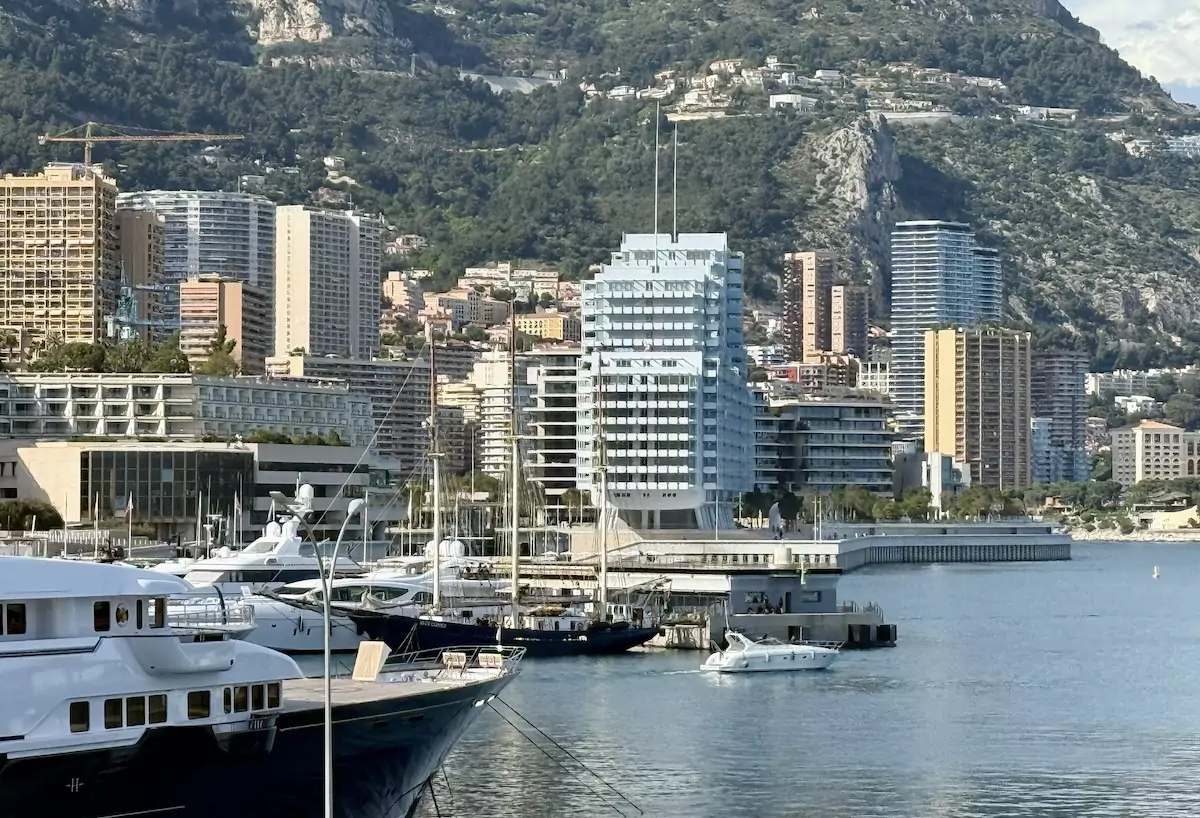Monaco’s job market surged in 2024, adding thousands of new roles and reinforcing the Principality’s position as a magnet for private sector growth. The year brought a sharp rise in remote work, a spike in temporary contracts, and a workforce that’s more global—and older—than ever.
The Principality’s latest Observatoire de l’Emploi, released in April, provides a detailed look at the evolving landscape of employment in Monaco. With 78,364 jobs recorded at the end of 2024—up nearly 4,000 from the previous year—the market grew by 4.8%, its strongest pace in a decade. More than 92% of these roles are in the private sector, underlining Monaco’s reputation as a hub for agile, service-driven businesses.
Strong private sector growth led by hospitality and technical services
Monaco crossed a significant threshold in 2024: over 60,000 people are now employed in the private sector. The strongest gains were seen in hospitality and temporary work, with the accommodation and restaurant sector rising 7.6% and technical/admin services increasing by 7.5%. Temporary employment saw a 13.5% jump, almost double the growth of the overall private sector. In fact, interim workers now make up nearly 13% of all private sector employees—reflecting the Principality’s highly seasonal and service-oriented economy.
Telework becomes the norm for thousands
A standout shift in 2024 was the continued rise in telework. By year-end, nearly 6,800 employees were working remotely—up 19% from 2023. For the first time, more women than men were teleworking. The majority of remote workers live in France, but a growing number now reside in Italy, thanks to an expanded agreement that took effect in mid-2024. This evolution offers increased flexibility for Monaco-based companies while supporting cross-border talent retention.
Diversity rises, but gender imbalance remains
Monaco’s private sector is now home to workers from 145 nationalities, reflecting the Principality’s international appeal. French nationals remain the majority, followed by Italians and Portuguese, but the most significant growth came from Romanian workers, whose numbers have multiplied fivefold since 2015. Despite this growing diversity, gender parity is moving in the opposite direction. In 2024, women made up just 37.9% of private sector employees—down from 40.7% a decade ago. The decline is largely due to the male-dominated nature of temporary work and sectors like construction and logistics.
Ageing workforce and commuter shift
The average private sector employee in Monaco is now 42.4 years old—up by more than a year in the past decade. Workers over 55 represent nearly one in five employees. At the same time, the population commuting to Monaco continues to grow. Nice alone accounts for more than 16,000 workers, with the largest increases coming from further afield in the Alpes-Maritimes and Italy. Meanwhile, the share of Monaco-based employees has declined steadily, now representing just over 10%.
Entrepreneurship on the rise, but Monégasques remain a minority
Monaco closed 2024 with more than 6,000 self-employed individuals—a 51% increase over the past decade. The number of private employers has remained steady, though larger entities (with 200+ employees) are slowly increasing. Still, Monégasque nationals remain underrepresented: only about 1,000 work in the private sector, a number that has remained static for 10 years and now represents less than 2% of the total workforce.
As Monaco continues to modernise its economic model, the 2024 employment trends offer valuable insights for employers, investors, and entrepreneurs alike. With flexible work models growing, international talent deepening, and sectoral dynamics shifting, the Principality’s labour market is evolving—and poised for even more transformation ahead.
Monaco Life is produced by a team of real multi-media journalists writing original content. See more in our free newsletter, follow our Podcasts on Spotify, and check us out on Facebook, Instagram, LinkedIn and Tik Tok.
Photo credit: Cassandra Tanti, Monaco Life
